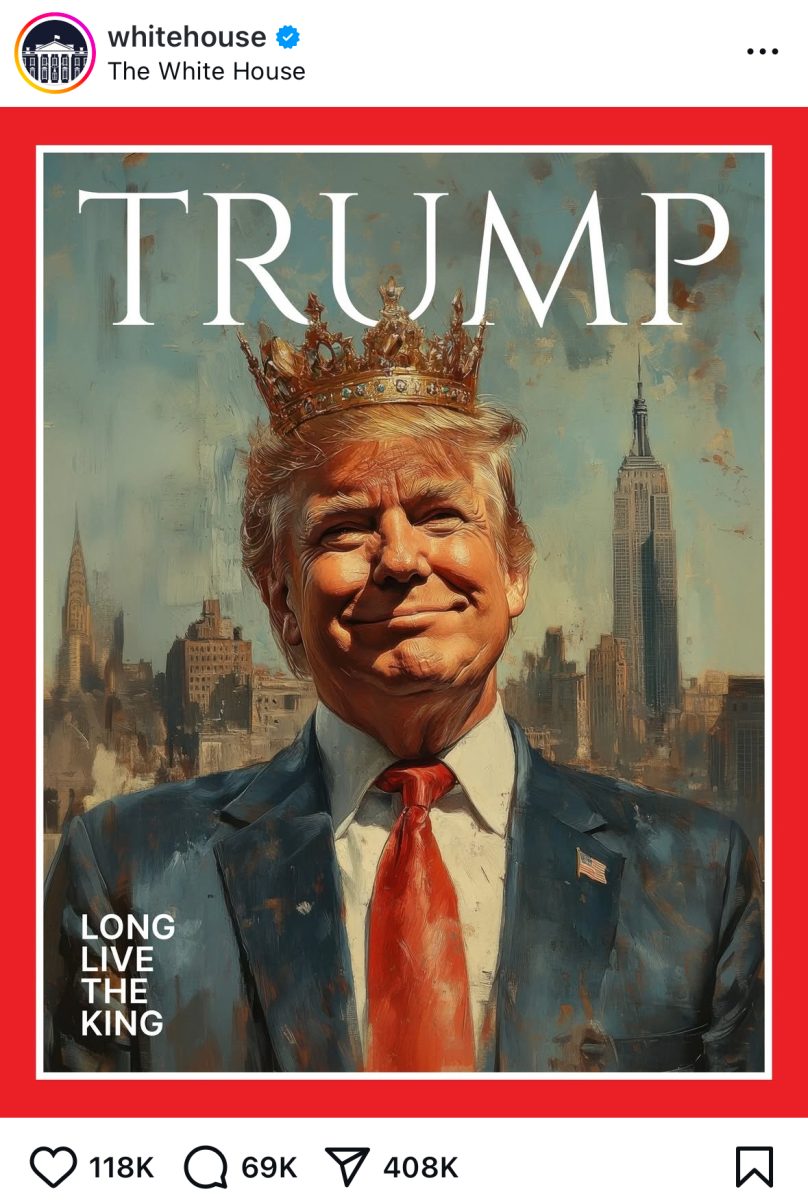I must confess that it is truly fascinating to have adopted a cause so near to the once-nagging railings of older generations. Growing up, I didn’t have a genuine appreciation of literature. Like my generational peers, I tore through Percy Jackson, Harry Potter, The Hunger Games and many other formulaic works and built up a haughty self-image as a seemingly voracious consumer of books.
When the discussion landed on my elementary canon of ‘”literature,” I was prepared to rattle off every intricate detail that I had noticed; I was well-versed in texts that remain as shallow as a kiddie pool. This was a time in my life and in the lives of others in which reading was primarily for pleasure, although it would quickly shuffle out as our books were exchanged for phones and Xbox and PlayStation controllers. While this cursory interest of books for young teens was, and is, a time of great joy for budding readers, society fails to realize the inherent harm that it causes to our future minds. Granted, reading a series like one of my aforementioned childhood selections isn’t something outrageous. But it does encourage damaging habits.
Let me be very clear: the very existence of commercial fiction threatens artistic integrity. This is an issue so prevalent that a large majority of students at this very school and at reputable universities across the nation will not be able to identify the gaping disparity between contrived stock fiction and a sincere invention of literary expression.
The blame can be placed anywhere and everywhere. The education system of the United States, however, might take the cake. For years, children and maturing young adults are taken by the collar and shoved into a toilet-bowl curriculum filled with some of the most important and brilliant creations of literary history. Students are mechanically forced to pore over them and learn invaluable jewels of artistry and life experience that can only truly be divined by willing exploration through rote memorization. It is in this way that the potential of young readers is corroded with negative associations between great novels and a great load of work. I would know. My experience as a reader was marked by the very same trials, and if it were not for a flickering of curiosity into the vast expanse of towering prose, I wouldn’t have known what the hell I’ve just written about. The truth is, reading a work of fiction that has gathered the acclaim of decades and centuries is a burden. But it is a burden that produces a profound and unique joy known only to the one who has read truly. It was the discovery of Catcher in the Rye, a novel somehow not assigned to the anthology of my high school English class, that invigorated my interest. The unusual accessibility of the novel, along with the captivating familiarity of everything that took place within the story, drew me into reading it. And that’s all anyone really needs — accessibility and the will to explore even if it is difficult.
I cannot remain entirely pessimistic about the state of fiction and literature as we enter into a new decade. The truth is that the world is filled to the brim with honest writers who are true and vigorous. Although I agree with the eminent Harold Bloom — the only critic worth mentioning in this respect — on a number of issues, I must say that his “anxiety of influence” is diminishing. It is impossible for anyone to be self-aware enough to classify what progression of literature we exist in, but it is also equally impossible to ignore the stylistic departure of contemporary authors from classic influence.
Although the market is saturated with cheap ventures in barren literature, there is a continual flourish in idiosyncratic expression that exists on the fringes of the bookshelf. All we have to do is be courageous and look for them.

















